Walk down any street in Seattle these days, and you might notice couples absorbed in their phones, barely exchanging a glance. Restaurants hum with the glow of screens rather than conversation. It’s a familiar scene across the U.S., where technology often edges out genuine connection. Yet, a quiet counter-movement is gaining traction. More partners are recognizing the need to step back from digital overload, seeking ways to reconnect face-to-face. This is where relationship digital detox signs come into focus—subtle but telling hints that a couple’s dynamic might be suffering under the weight of constant connectivity. As screens dominate daily life in 2025, these indicators are becoming harder to ignore. From missed conversations to unspoken tensions, the need for a break from devices is clearer than ever. What follows are thirteen specific signs that it’s time to unplug together and rebuild intimacy.
1. Conversations Feel Surface-Level
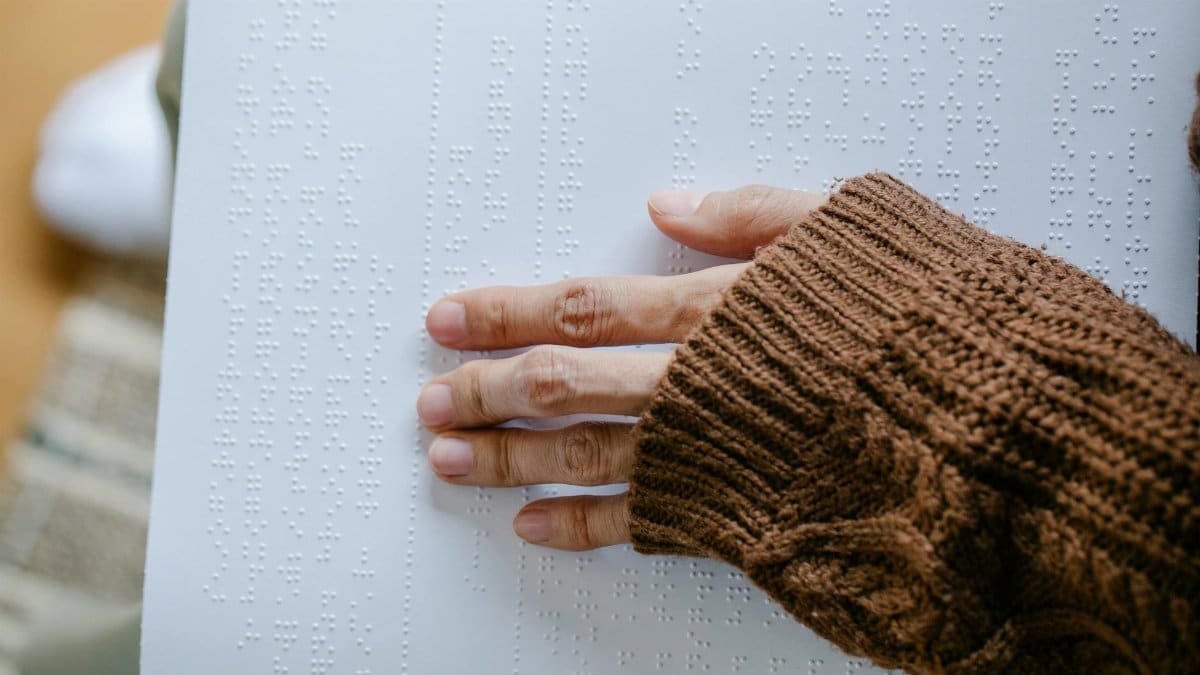
Remember when late-night talks stretched for hours, peeling back layers of thought and feeling? If those moments have been replaced by quick texts or distracted nods while one of you scrolls, it’s a red flag. Many couples find their dialogue shrinking to logistics—dinner plans, errands—without diving into deeper emotions. A 2023 survey by the Pew Research Center noted that excessive screen time correlates with reduced meaningful communication among younger adults, a trend likely mirrored in relationships. When words feel like placeholders rather than bridges, a digital detox might help reclaim that lost depth.
Think of a couple at a café, phones out, barely speaking beyond “Pass the sugar.” That silence speaks volumes. Unplugging can force a return to eye contact and unhurried exchange, even if it feels awkward at first.
2. You’re More Connected Online Than In Person
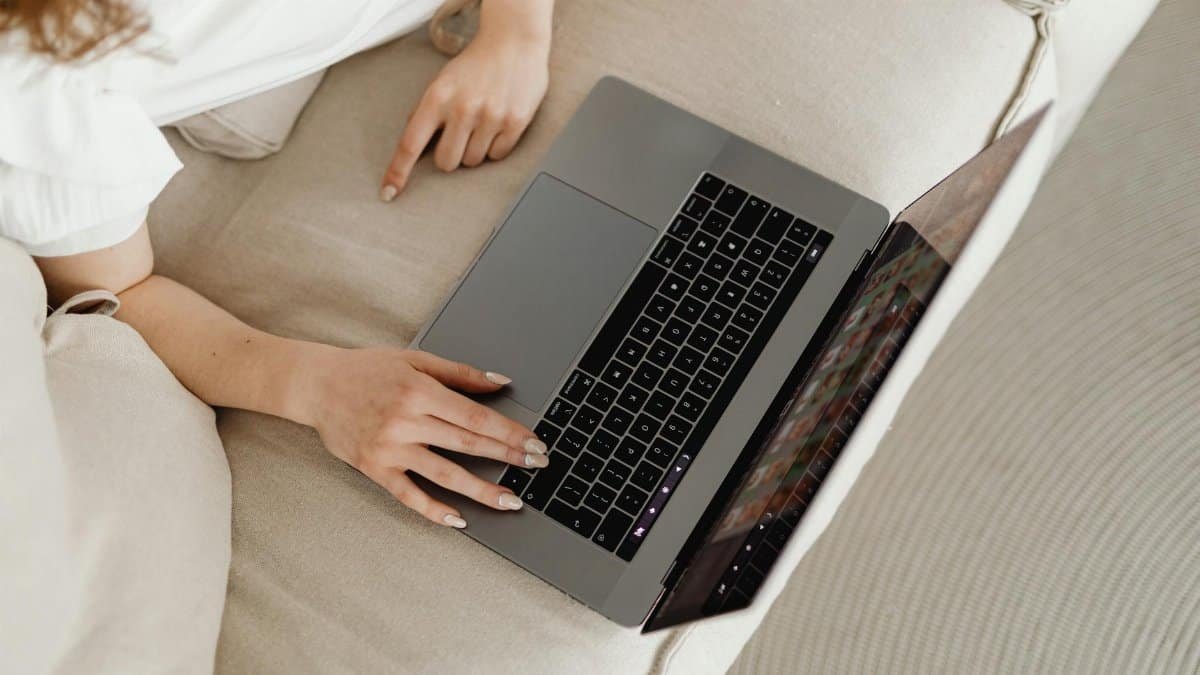
Does it feel like you know more about your partner’s day from their Instagram stories than from actual conversation? If likes and comments replace real-time updates, the relationship might be living more in the cloud than in reality. Social media can create a false sense of closeness while physical presence fades. A study from the American Psychological Association highlights how over-reliance on digital interaction can erode emotional intimacy. Stepping away from screens could reveal what’s been missing.
It’s not just about ditching the apps. It’s about noticing the gap they’ve filled—and whether you’re ready to close it with something tangible.
3. Arguments Start Over Notifications

A buzz, a glance, and suddenly a petty fight erupts. If notifications—whether a text, an email, or a game alert—spark irritation or suspicion, technology is likely intruding too much. Maybe one partner feels ignored when the other checks their phone mid-conversation. Or perhaps there’s unease about who’s messaging at odd hours. These small triggers point to bigger issues of attention and trust. Unplugging, even for a weekend, can shift focus back to resolving tensions without a screen as a scapegoat.
4. Date Nights Involve More Screens Than Smiles

Picture this scene: a couple at a cozy restaurant, candles flickering, yet both are hunched over their devices, scrolling through feeds instead of sharing a laugh. If date nights feel more like parallel solo activities, it’s a glaring sign. The point of time together is connection, not coexisting with separate digital worlds. A detox can mean setting a no-phone rule for outings, letting the focus return to shared glances and stories.
One anonymous account shared online described a turning point: after banning phones during dinner, they rediscovered small joys, like debating dessert choices. Sometimes, the simplest rules yield the biggest shifts.
5. One Partner Feels Ignored

When one person consistently feels sidelined by a device, resentment can simmer. Maybe it’s the way a phone stays on the table during every meal, or how a partner’s eyes dart to a screen during a heartfelt moment. That subtle dismissal stings. Research from the National Institutes of Health suggests “phubbing”—snubbing someone for a phone—can lower relationship satisfaction. A digital break offers a chance to prioritize presence over pixels.
6. Bedtime Is a Tech Zone, Not a Bonding One
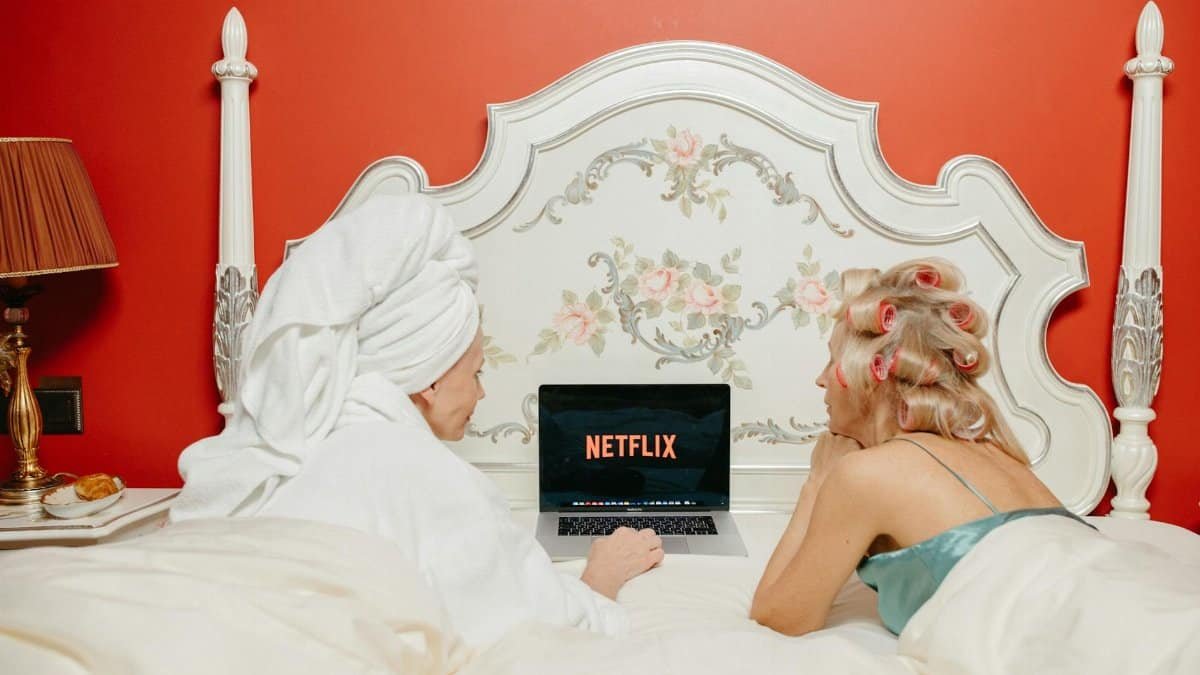
The bedroom should be a sanctuary, a place for closeness. Yet, for many, it’s just another screen-lit space. If scrolling through TikTok or catching up on emails replaces pillow talk, intimacy suffers. Blue light and endless content can also disrupt sleep, adding stress to the mix. A 2021 report by the Sleep Foundation ties bedtime device use to poorer rest and strained relationships. Try a no-tech rule an hour before sleep. It might feel odd at first, but the quiet could invite connection.
7. You Can’t Recall the Last Uninterrupted Moment

Think back. When was the last time you and your partner shared a stretch of time without a ping or buzz cutting in? If memories of uninterrupted walks or lazy Sundays feel distant, devices might be fragmenting your shared space. Constant interruptions train the brain to expect distraction, making focused time together rarer. Stepping away from tech, even briefly, can help rebuild that elusive sense of togetherness.
8. Social Media Sparks Comparison or Jealousy
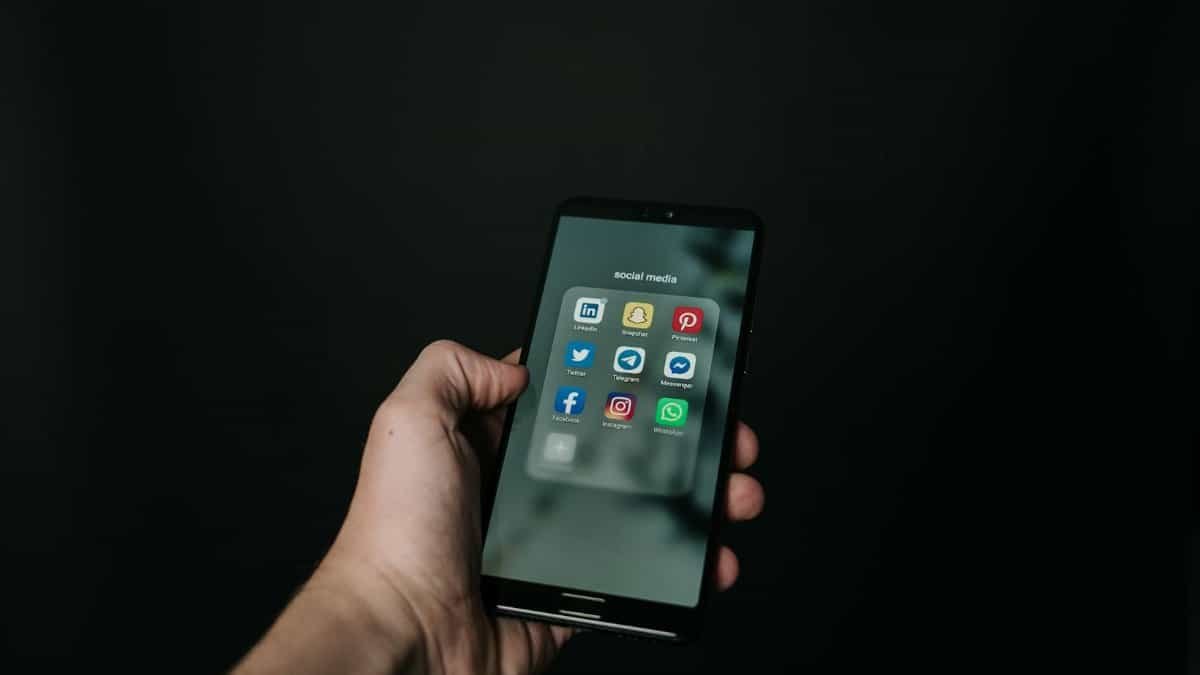
Endless feeds of “perfect” couples can breed insecurity. If one or both of you measure your relationship against curated online lives—or if posts from exes or friends stir unease—it’s a sign digital spaces are doing more harm than good. These platforms amplify comparison, often unfairly. A detox can redirect attention to your unique bond, free from external noise.
One couple found relief by logging off for a week. Without the highlight reels of others, they noticed their own small victories—like cooking a messy but fun meal together. Reality often outshines the filter.
9. You’re Documenting More Than Living
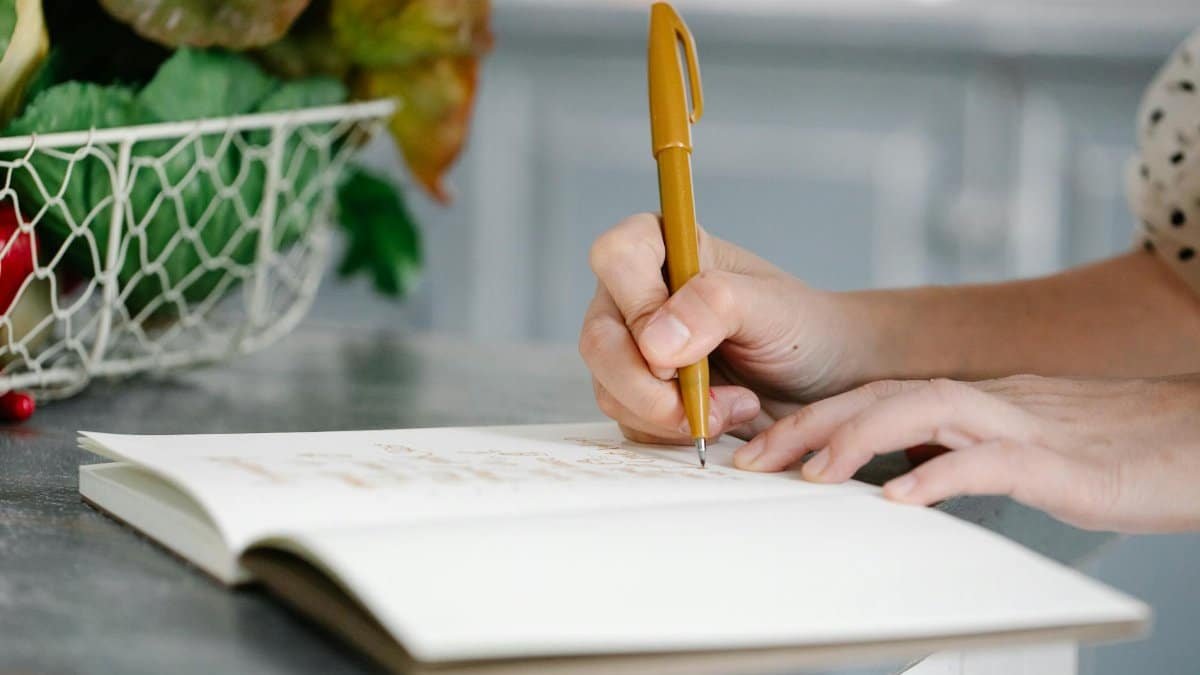
Are you snapping photos of every outing for the ‘gram, only to miss the actual moment? If the urge to post overshadows the experience of being with your partner, tech has taken the wheel. Relationships thrive on lived, unscripted memories, not staged updates. Unplugging can mean savoring a sunset without framing it for followers, letting the memory belong just to you two.
10. Silence Feels Uncomfortable Without a Device
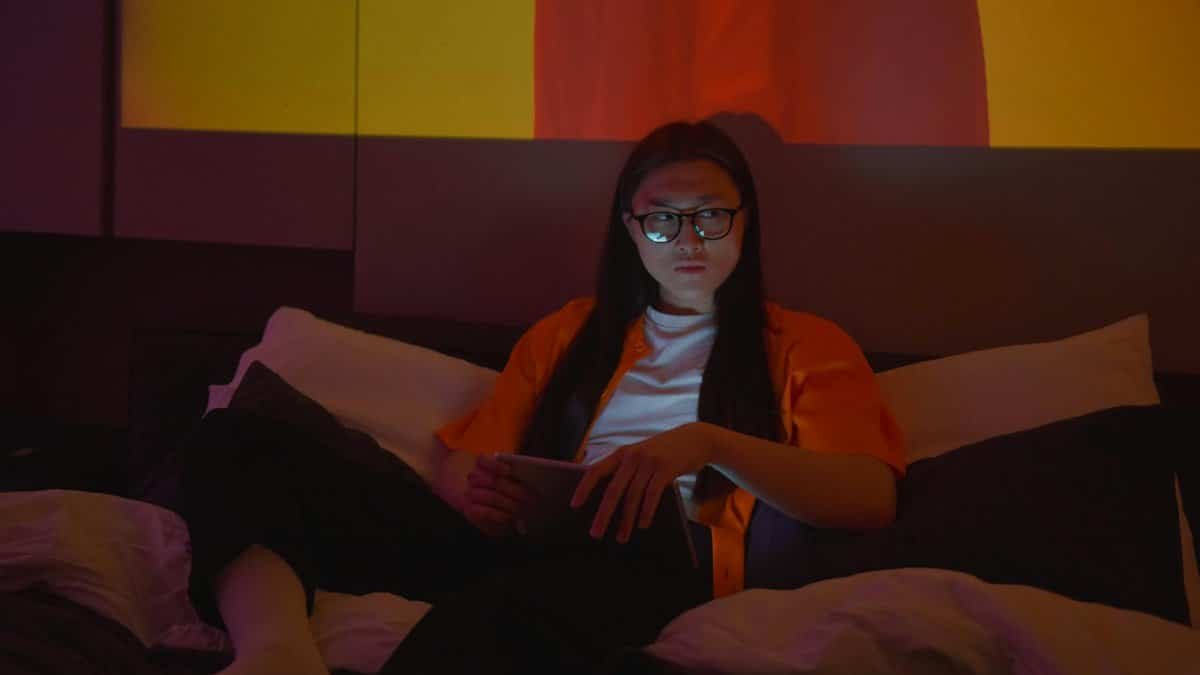
Silence between partners can be golden—a space for reflection or just being. But if quiet moments now prompt a reflexive reach for a phone, that’s a problem. Relying on devices to fill gaps suggests discomfort with stillness or each other’s company. A digital detox forces you to sit with that quiet, often revealing what needs addressing—or simply enjoying.
11. Tech Habits Annoy One Another
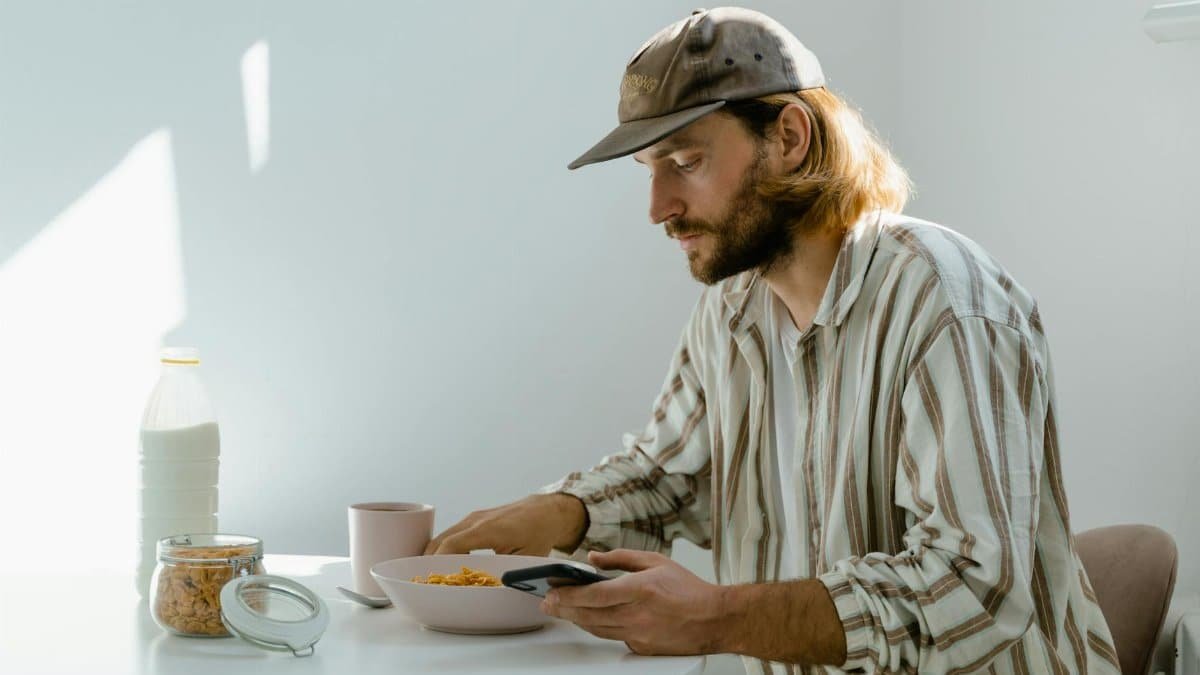
Does one partner’s constant gaming or doomscrolling grate on the other? Little habits—like leaving notifications on loud or checking work emails at midnight—can build frustration. What starts as a minor quirk becomes a wedge. Mutually agreeing to cut back on screen time can ease these irritations, showing a willingness to adapt for the relationship’s sake.
12. You Feel Distant Despite Being Together

Physical proximity doesn’t guarantee emotional closeness. If you’re in the same room but feel miles apart, lost in separate digital bubbles, it’s a loud signal. Relationship digital detox signs often manifest as this quiet disconnection—a sense that you’re roommates, not partners. Setting aside devices for intentional time, like a shared hobby or even just a walk, can start to mend that rift.
13. The Idea of Unplugging Feels Daunting
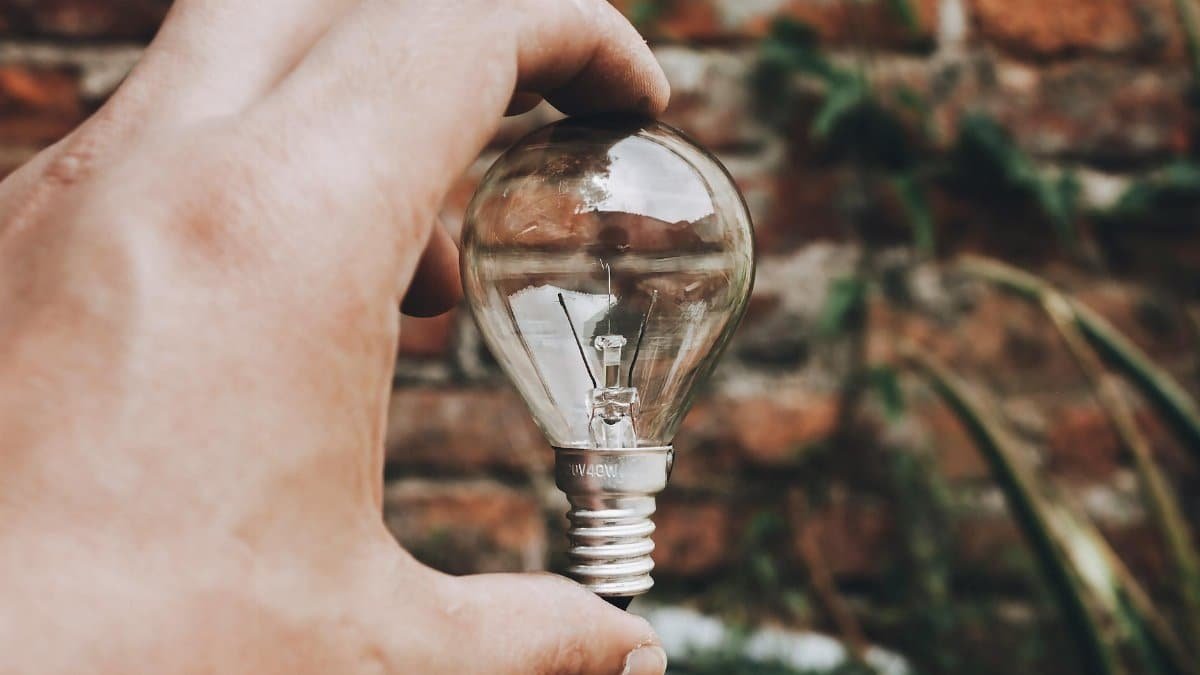
Here’s the kicker: if the thought of going a day without devices sparks anxiety for either of you, that’s a sign in itself. Dependency on tech—whether for distraction, validation, or habit—can mask deeper needs in a relationship. Facing that discomfort head-on with a detox isn’t easy, but it can clarify what truly matters. Start small. A few hours without screens might reveal more than expected.
In 2025, as tech weaves tighter into daily routines, recognizing these relationship digital detox signs becomes vital. It’s not about shunning devices entirely but finding balance. Couples who take this step often report rediscovering small joys—shared laughter, undistracted gazes—that screens had buried. The first move is noticing. The next is acting. A weekend, a day, even an evening without tech could be the reset your bond needs.
